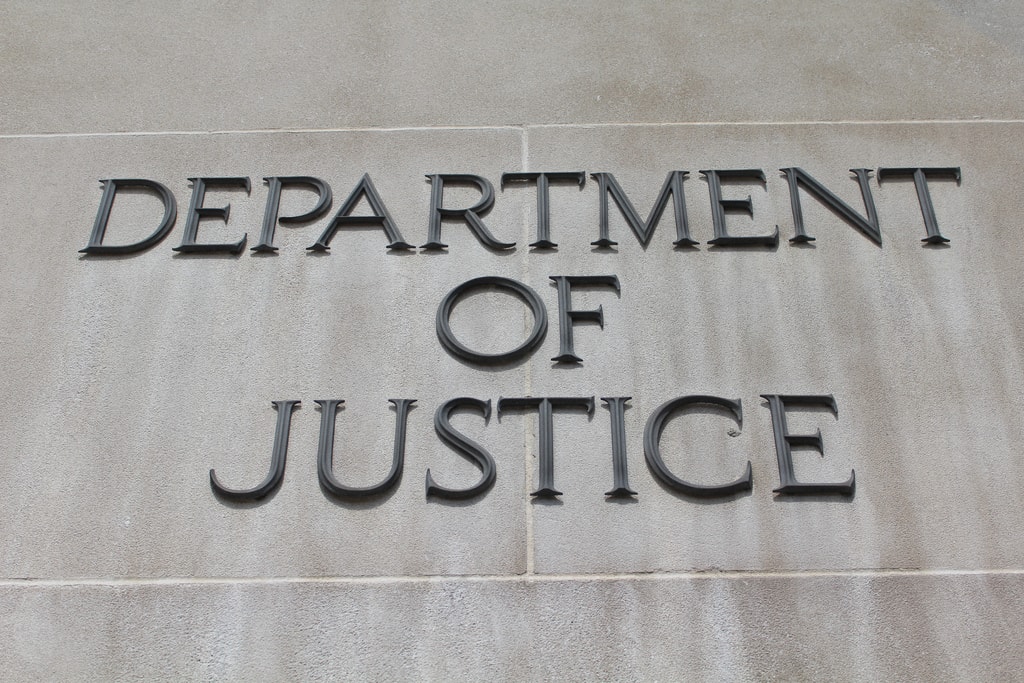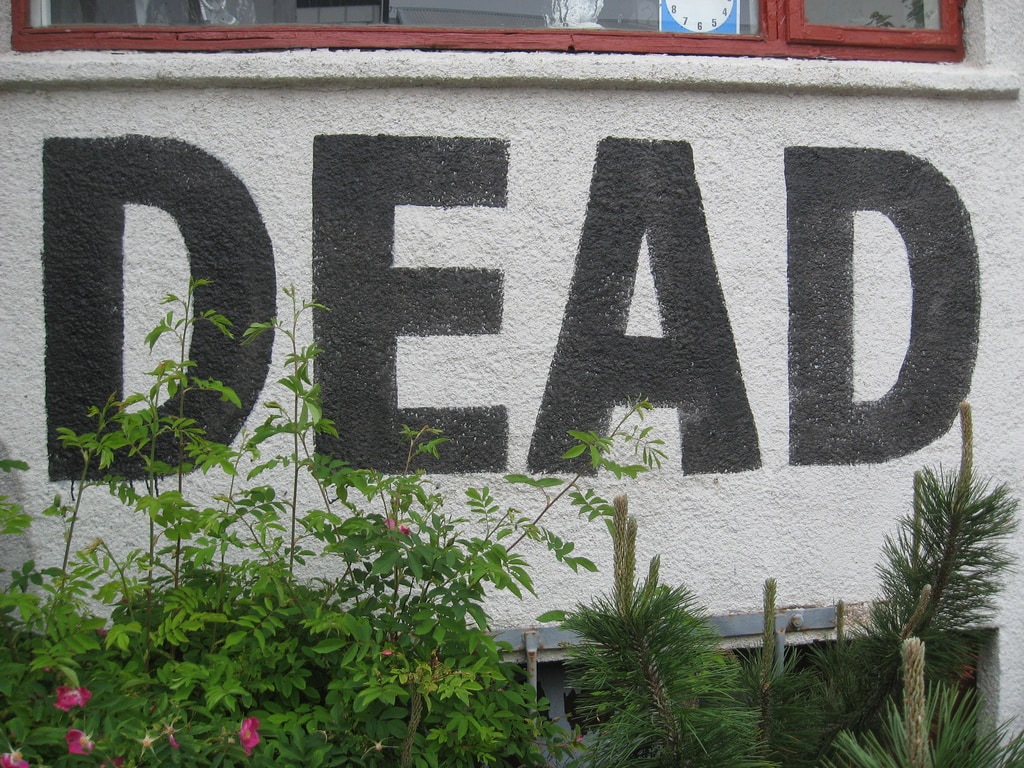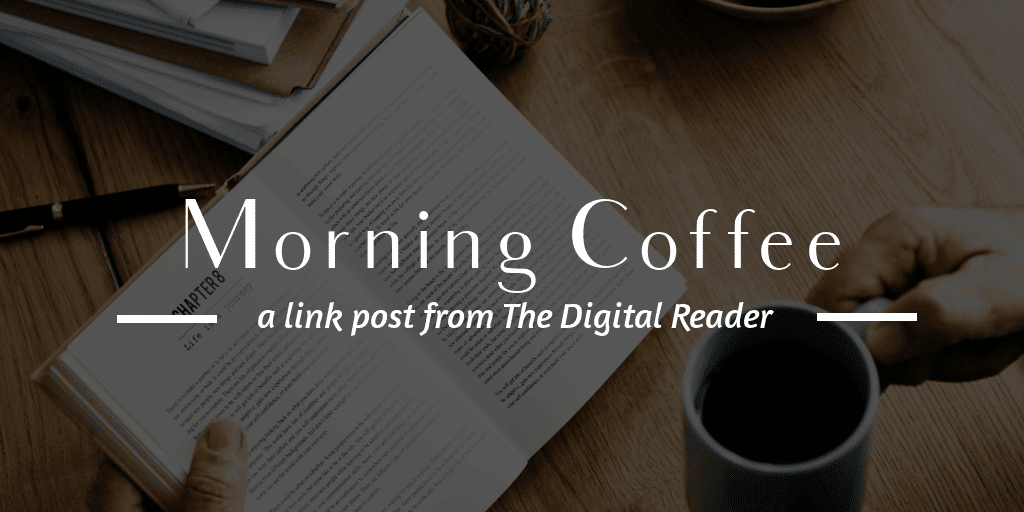What The Authors Guild’s Mary Rasenberger Isn’t Saying About Amazon


On Wednesday the ABA published an interview where the ABA lobbed loaded and biased questions (*), giving Rasenberger the chance to lay out The Authors Guild’s complaints about Amazon. Nothing in the interview strikes me as an actual antitrust violation, but it is rife with gripes about how Amazon does business.
Update: This interview has made its way to The Passive Voice. Enjoy.
The interview consists of Rasenberger dancing around a couple important points, factual inaccuracies, and problems which aren’t actually Amazon’s fault.
For example, Rasenberger is apparently upset that Amazon is not using its site to promote the "right" books but is instead letting all books sink or swim equally:
Another way Amazon has adversely affected authors is an issue [ABA] members are familiar with — the drastic reduction in discoverability on its service (leading some book buyers to go to stores to browse and then buy on Amazon). Most mid-list books simply get lost on Amazon; it is difficult for the titles of lesser-known authors to be discovered on Amazon, where “discoverability” often means simply being updated about the newest title from famous authors. So, the mid-list authors are badly suffering in sales, and because publishers are not making enough on those books, they are disinclined to offer advances that actually support writing the book. Hence, we see more and more books by celebrities rather than authors.
Honestly, I don’t see how this describes a misdeed of Amazon so much as it is a statement that Amazon carries a lot of books and isn’t giving certain books the preferential treatment that publishers think they deserve.
Furthermore, I don’t know of any mid-list indie authors who would complain about discoverability on Amazon. They grouse about sales, but generally they take the system as it is and try to use it to their advantage.
Or am I missing something?
That could be the case, but I know I’m not missing something when it comes to Rasenberger’s description of the launch of Kindle Unlimited:
When Amazon rolled out its subscription service, Kindle Unlimited, last year, it automatically enrolled most of the self-published authors who published with the KDP Select program in the subscription service, where readers got unlimited access to hundreds of thousands of books for $9.99 a month. So, all of a sudden, a lot of these indie authors’ royalty checks just plummeted.
Yeah, I don’t recall any reports of "royalty checks" dropping right after the launch of Kindle Unlimited in July 2014. That happened five months later, in December, and only shared a post hoc connection to Kindle Unlimited.
All in all, there’s not much to this interview that we have not read before, but Rasenberger does accidentally raise a point that undercuts the entire premise for the media campaign against Amazon:
The courts and the government never let that happen before, precisely because democracy relies on the free flow of expression and that requires a broad, diverse array of information sources. When the Associated Press, Turner Broadcasting, or Barnes & Noble threatened to dominate a single marketplace of information, the courts or a government agency intervened. It’s important to see the big picture here, because this situation can easily be trivialized. We’re not just talking about the price of an e-book. We’re talking about interference with the marketplace of information and ideas, which is the engine of any democracy.
First, her "big picture" reveals a viewpoint that is skewed, myopic, and irrelevant. We’re not talking about the entire internet here, just Amazon’s little corner of it, and no one is claiming that Amazon is "interfering" with the rest of the "marketplace of information and ideas".
But more importantly, it is curious that Rasenberger should mention these antitrust cases. While the AP was sued by the DoJ in an antitrust action in the 1940s, the only antitrust lawsuits I could find against Turner and Barnes & Noble were civil suits filed by competitors.
B&N (and Borders) were sued in the late 1990s over claims that they had negotiated sweetheart deals with publishers. After the judge ruled that he would not award monetary damages, the plaintiffs settled for the case in exchange for a partial payment of their attorney fees.
Here’s the fun part: the lawsuit was filed by 26 SF-area indie booksellers – and the American Bookseller Association.
Yes, the ABA sued B&N in the late 1990s.
Doesn’t that make you wonder why The Authors Guild, the ABA, and Authors United, are not suing Amazon now?
Could it be that they know they can’t win a case, so they have decided to engage in a media circus and try the case in the court of public opinion?
P.S. Barry Eisler’s commentary on Twitter made me realize that the questions asked by the ABA were so biased that they deserved attention for their own sake:
- How has Amazon’s abuse of its dominance in the book industry directly affected authors?
- How have Amazon’s punitive actions against publishers, such as Hachette during their 2014 contract dispute, impacted authors?
- According to some news reports, self-published authors who once thought of Amazon as their ally are now feeling victimized. Why is that?
- As Amazon continues to sell huge numbers of titles below cost and uses them as loss leaders to entice sales on other segments of its website, what will be the long-term effect on a thriving and robust literary marketplace?
image by @jbtaylor


Comments
Greg Strandberg July 31, 2015 um 11:38 am
I don’t bother reading either side anymore. Why?
Nate Hoffelder July 31, 2015 um 3:47 pm
I unfortunately have to. But honestly, i try to keep it to a minimum.
Allen F July 31, 2015 um 12:08 pm
They love that Amazon is selling their e/books, they hate that Amazon is selling other e/books right next to theirs.
They also hate that Amazon doesn’t play their 'best seller' game of counting books delivered as sold — Amazon counts the actual number of books that have sold.
This 'fight/whining' has been and always will be about 'control'. Publishers used to control what made it to print and what choices the public had to read. The internet stripped that away, free thoughts and ideas (and even whole e/books) are everywhere! Amazon lets anyone sell a e/book, not just the few the publishers think are worthy (or that they think they can make the most money on …)
fjtorres July 31, 2015 um 12:10 pm
The AG seems totally enthralled by the misconception that Amazon *publishes* Indie titles, hence their continual and willful mis-characterization of KDP payouts as *royalties*. They aren’t. KDP payouts are simply accumulated sales revenue minus Amazon distribution charges and are equivalent to what Amazon pays out to traditional publishers, which then gets distributed to all vested parties according to the publishers' contractual terms.
Comparing publisher payout to royalties is not oranges to oranges.
(And totally unfair to traditional publishers. 😉 )
For indiezs, Amazon is a distributor/retailer, not a frakking publisher!
All this campaign is doing is highlight just how deep Indies are cutting into the tradpub share of the market.
Bridget McKenna July 31, 2015 um 2:36 pm
"All this campaign is doing is highlight just how deep Indies are cutting into the tradpub share of the market."
And doubtless their growing impact on big pub sales and profits has influenced her kindly adoption of indie authors in her interview. AG is lookin' out for us! How warm and fuzzy is THAT?
fjtorres July 31, 2015 um 3:17 pm
Head for the hills!
That kind of nurturing reminds me of Elmira and her pets.
fjtorres July 31, 2015 um 3:23 pm
https://m.youtube.com/watch?v=pxvzEfI0BFU
carmen webster buxton August 1, 2015 um 2:11 am
Wow, those questions border on "Have you stopped beating your wife?"
Nate Hoffelder August 1, 2015 um 9:09 am
No, they’re past it.
Smart Debut Author August 1, 2015 um 5:12 pm
Ugh. The Authors Guild just claimed to speak for me.
I feel like I need to take a shower.
Ameri?ki apelacioni sud: “Guglovo skeniranje knjiga je legalno” « Pavle Baši? October 20, 2015 um 2:19 pm
[…] suda o doktrini fer upotrebe”, rekla je izvršna direktorka Udruženja autora, Meri Rasenberger (Mary Rasenberger). “Kao što je pokazalo naše nedavno istraživanje, vec?ina autora sa punim radnim vremenom […]
A Newbie's Guide to Publishing #JHedzWorlD | JHedzWorlD April 1, 2016 um 9:27 am
[…] a cross-examination, or even a cross pollination (indeed, publisher lobbyists are expert at fleeing anything that offers even the slightest whiff of actual debate—which does make their alleged […]
Freedom of Expression? – Author's Desk July 7, 2017 um 11:00 pm
[…] remotely a cross-examination, or even a cross pollination (indeed, publisher lobbyists are expert at fleeinganything that offers even the slightest whiff of actual debate—which does make their alleged […]